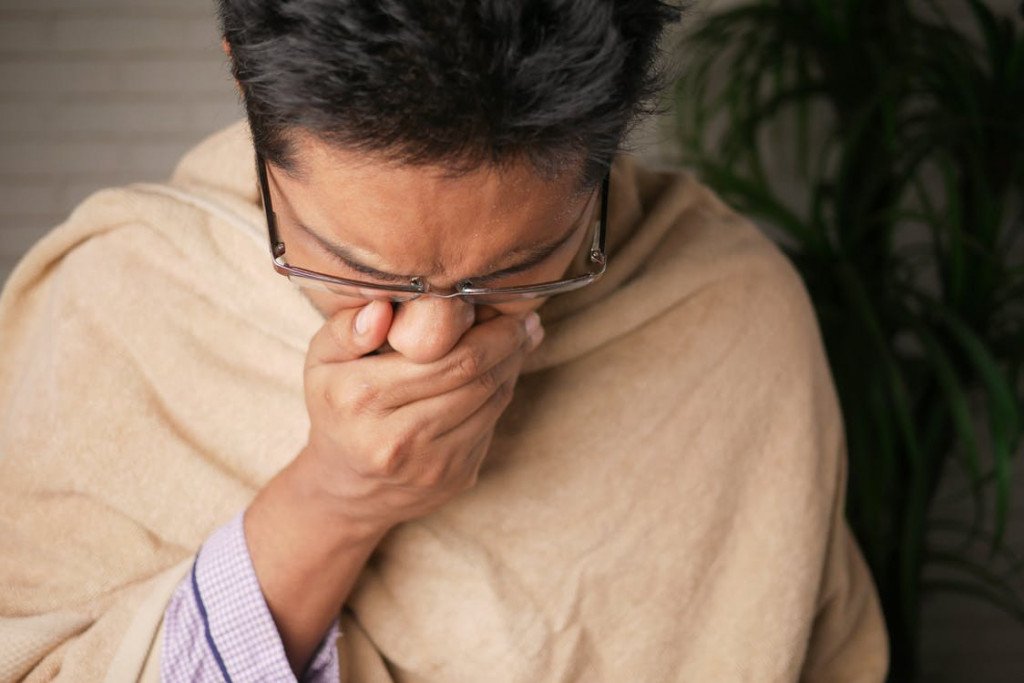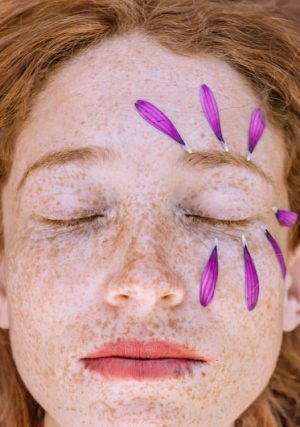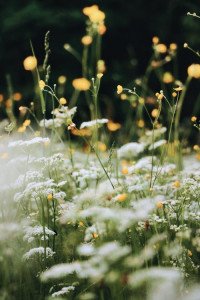Spring is almost upon us and meteorologists are predicting a wet season for eastern parts of Australia, which could mean potential triggers for many allergy and hay fever sufferers.
What is hay fever?
Hay fever is a common condition also called allergic rhinitis. It produces cold-like signs and symptoms due to an allergic response to outdoor or indoor allergens. These can be things such as pollen, dust mites, or tiny flecks of skin and saliva shed by cats, dogs, and other animals with fur or feathers (pet dander).
But unlike a cold, hay fever isn’t caused by a virus. A cold will cause fever and body aches as a result of the virus and generally lasts from three to seven days. Where as hay fever is a response to an allergen, and can last for several weeks.

Symptoms of hay fever commonly include:
- Stuffy nose and nasal congestion
- Runny nose
- Post-nasal drip
- Excess mucus production
- Sneezing
- Red, itchy, watery eyes
- Itchy nose, roof of mouth or throat
- Tickle/irritation in the ears
- Decreased concentration, focus or decision-making
- Fatigue
- Mood swings and irritability
- Headache
- Earache
What causes your hay fever allergies?
Hay fever symptoms usually start right after you’re exposed to the allergen. Signs and symptoms may start to worsen at a particular time of year, but can also appear all year round.
Triggers include:
- Tree pollen, which is common in early spring.
- Grass pollen, which is common in late spring and summer.
- Dust mites, cockroaches and dander from pets. Symptoms caused by dust and dander might worsen in winter, when houses are closed up which then can be worsened as we then
approach spring. - Spores from indoor and outdoor fungi and molds
- perfume
- air pollution
- tobacco and wood smoke
- aerosol sprays
- strong odours
- changes in temperature
- changes in humidity
- irritating fumes
These allergens will trigger your immune system, which mistakenly identifies the substance as something harmful. In response to this, your immune system produces antibodies. Antibodies signal your blood vessels to widen and for your body to produce inflammatory chemicals, like histamine. Histamines are meant to protect you from harm, however it is this response that causes the hay fever symptoms.
 The following some lifestyle changes that make also help to minimise the severity of symptoms:
The following some lifestyle changes that make also help to minimise the severity of symptoms:
Stay hydrated.Drink eight to 10 glasses of fresh water each day. If you get dehydrated, any mucus you have will become much more difficult to expel.
Limit exposure.There are apps that you can download such as AusPollen or AirRater to keep an eye out for high pollen count days or days that are particularly dusty or wind. This can help you limit your exposure or time spent outdoors.
Shower before bed.Pollen and dust left on your skin and in your hair overnight can make your symptoms worse.
Wash clothes and bedding.Freshly laundered bedding and clothes help reduce incidental exposure to allergens.
Wipe down pets.Pets that spend time outdoors come into the home covered in pollen. Wipe them down with a damp washcloth to limit your exposure to pollen and dust.
Replace carpeted areas with hard-surfaced flooring.Carpet attracts and keeps dust and pollen that is nearly difficult to remove with a vacuum. If you have significant seasonal allergy symptoms, you could benefit from replacing your carpet with an easy-to-clean surface.
De-clutter.Clutter can increase house dust and allergens, which make your seasonal allergy symptoms worse. Remove clutter, especially from your bedroom, for the best results.
Keep doors and windows closed.When pollen counts are high, or on dusty days, keep your doors and windows closed to limit exposure.
Avoid triggering food and substances. Certain foods can potentially exaggerate hay fever symptoms and are best avoided especially in high allergy seasons. If you have known food sensitivities then it is more important to limit your exposure to these foods. Aim to eat foods that are more anti-inflammatory in nature and boost immunity.
 Herbs and supplementation
Herbs and supplementation
There are also a number of natural supplements and herbs that we can look to that may be able to help manage symptoms of hay fever. Herbs such as Eyebright (Euphrasia) Perilla (Perilla frutescens) and Baical Scullcap (Scutellaria baicalensis) may soothe allergy symptoms such as an itchy nose and watery or irritated eyes.
Supplements such as Quercetin, zinc and vitamin c can also help to support the immune system during allergy season and help to relieve allergy symptoms.
The symptoms of seasonal allergies can be uncomfortable. If you suspect you have seasonal allergies why not book a time to talk with our Naturopath Candace Borg to help you on your way to better health and happiness this allergy season.
Resources:
** The information provided is for educational and informational purposes only. The information provided on this site is not, nor is it intended to be, a substitute for professional advice or care. Please seek the advice of a qualified health care professional for information about allergies and supplementation.
